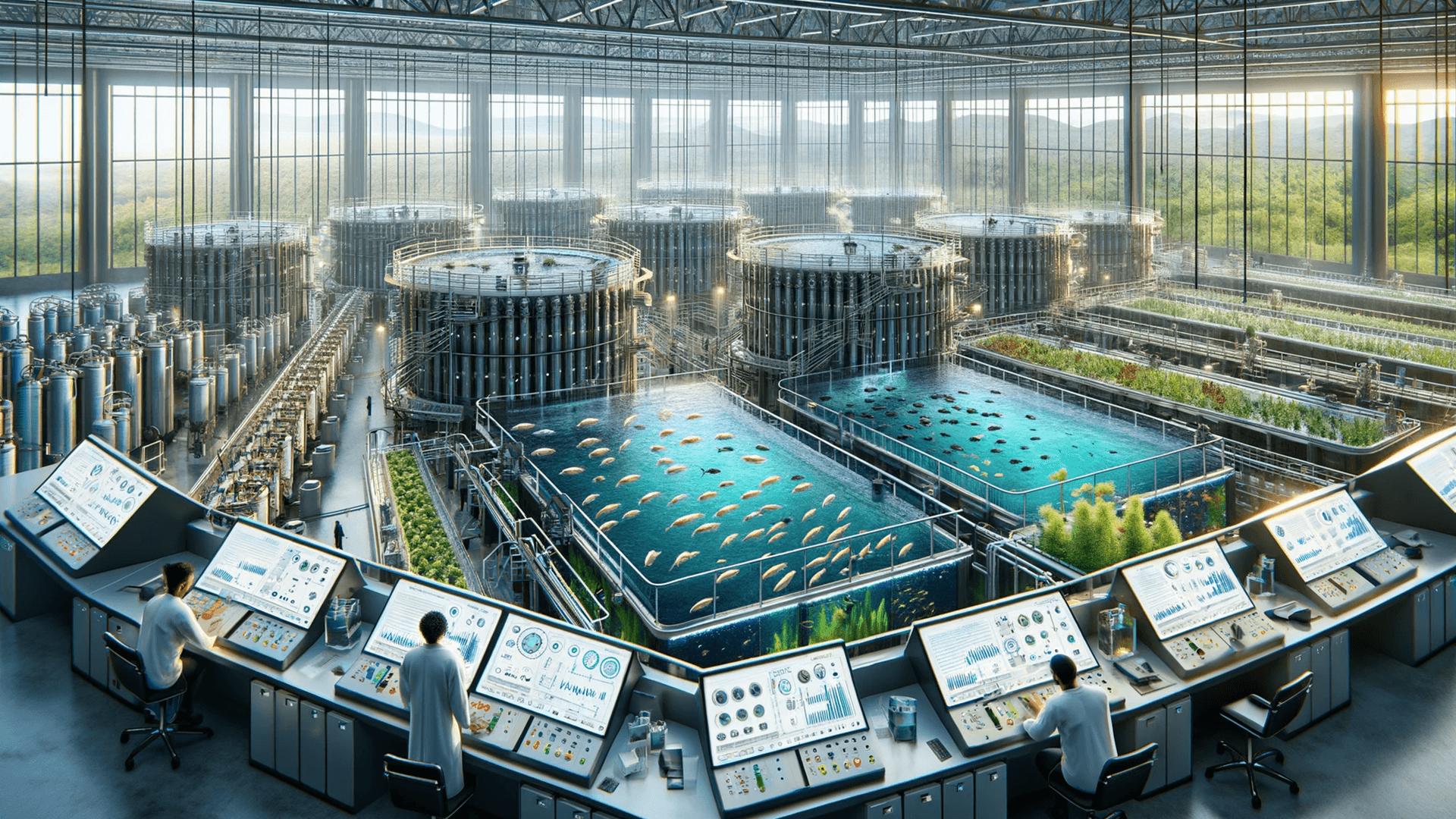Revolutionizing Aquaculture: The Rise of Recirculating Aquaculture Systems (RAS)

The world of fish farming is undergoing a significant transformation, thanks to the advent of Recirculating Aquaculture Systems (RAS). As wild fish populations continue to decline and environmental concerns grow, the demand for a sustainable alternative to traditional fish farming has never been greater. RAS, a cutting-edge method of fish farming, is stepping up to meet this challenge.
RAS stands apart from conventional aquaculture methods by enabling high-density fish rearing in controlled, indoor environments. This innovative system recirculates and purifies water within the farm, drastically reducing the need for fresh water and minimizing environmental impacts. Such a system not only conserves resources but also allows for year-round fish production, a critical factor in satisfying the burgeoning market demands.
The essence of RAS lies in its advanced technology. The system involves meticulous management of water supply, biofiltration, and oxygen levels to maintain optimal conditions for fish health and growth. By keeping factors like water quality and temperature under strict control, RAS ensures high yield and quality of produce.
However, the transition to RAS is not without its challenges. The high initial investment and operational complexity demand skilled management and a deep understanding of the system’s intricacies. Yet, the long-term benefits are substantial. RAS offers flexibility in species selection, control over production cycles, and the advantage of proximity to markets, thereby reducing transportation costs and environmental impact.
Economically, RAS presents an attractive proposition despite its upfront costs. The system’s efficiency and sustainability promise a future where fish farming is not only more profitable but also environmentally responsible. Furthermore, RAS opens up opportunities for synergistic integration with other agricultural practices, creating a more holistic approach to farming.
Legal and regulatory considerations are also critical components of RAS operations. Staying compliant with environmental laws and adapting to market demands are essential for the success of any RAS-based fish farm.
- Innovative Indoor Farming: Utilizes Recirculating Aquaculture Systems (RAS) for high-density, controlled indoor fish rearing, optimizing space and water resources.
- Sustainable Resource Management: Features advanced water recirculation and purification, significantly reducing freshwater usage and environmental impact.
- Operational Complexity and Skill: Demands high initial investment and skilled management, focusing on precise control of water quality, temperature, and oxygen levels.
- Economic and Ecological Benefits: Offers flexibility in species selection and proximity to markets, promoting profitable and environmentally responsible fish farming.
In conclusion, Recirculating Aquaculture Systems represent a significant leap forward in the field of aquaculture. By addressing key challenges of traditional fish farming and offering a sustainable, efficient, and profitable alternative, RAS is poised to play a pivotal role in the future of global fish production. As we look towards a world where sustainability is paramount, RAS stands out as a beacon of innovation and promise in the realm of aquaculture.
REFERENCES: World Aquaculture Society



